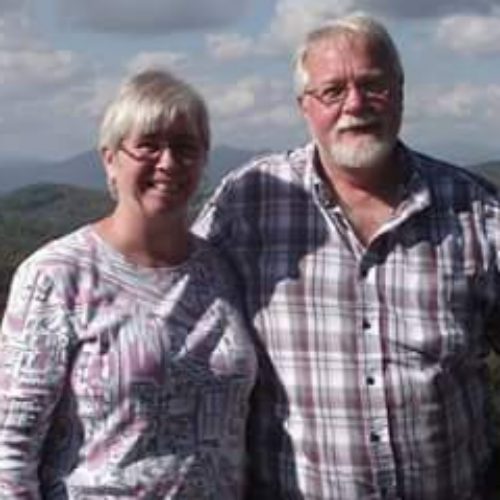-
Revealing The Unknown God Acts 17:16-34 We’ve Watched Paul And His Partners Series
Contributed by James Lee on Nov 28, 2017 (message contributor)
Summary: I would like to thank Pastor Jerry Shirley and Pastor Tom Owen for sharing this series on Acts. It has been a blessing as well as a great help. I have used these for our church, as I spend my days caring for my dying father.
Revealing the Unknown God Acts 17:16-34
We’ve watched Paul and his partners, as they left Jerusalem to begin the journey to the utter most parts of the world and everywhere they went people got saved and in each city a church was established, even though Paul and his team met resistance in every place.
Now the Apostle Paul’s is in Athens Greece, an incredible city, even in Paul’s time.
Among other things, Athens was the intellectual and philosophical capitol of the world, a city filled with religion and her people were a religious people. Paul saw the statues, idols and temples to every god known to man all over the city, as he walked around the city.
Petronius, a member of Nero’s court once wrote, “It’s easier to find a god than a man in Athens.”
These people were so concerned with recognizing all the ‘gods’ of the universe that just in case there were some out there that they didn’t know about, they erected an altar dedicated to the unknown God. The altar on the screen sits in a museum in Athens. The inscription on it reads, “Agnostos Theos” or “To the unknown God”.
With all their wisdom, with all their philosophy and with all their religion they still didn’t know the One True God.
One day Paul shows up and tells the people of Athens “I’d like to tell you about this “unknown God, for you see the God you don’t know I know personally.”
My goal is for this message is to motivate us to do what the Apostle Paul did and that’s be willing to point the way to the One True God.
Several things will need to happen for EBC to be like Paul in Athens.
1. We must have a burden for those without Christ. Look at verse 16.
As Paul walks around the city he begins to realize the spiritual condition of the people and he became deeply troubled by all the idols he saw all over in the city. The more he sees, the more burdened he becomes. You and I MUST walk around and take notice of the spiritual condition of our city, our County and our nation. And like Paul we MUST take action!
Look at verses 17-21. The people of Athens loved to share, discuss and debate philosophical thought, especially if it was something new.
So here we have Paul sharing Jesus with them, something they’ve not heard before and they naturally wanted to know more. Some get excited about this new ideology, this new teaching, this new God! And Paul’s God sets up a prime opportunity for him to share the gospel with these people of many gods.
We, here in the USA are surrounded by some of the same beliefs that Paul found himself in the midst of.
Paul spoke to a crowd in the Synagogue who were Jews and proselytes, people who were legalistic and self-righteous.
Marketplace people, ordinary everyday kind of people, yet they worshipped idols.
The Epicureans in the crowd believed that all matter was eternal and had no creator.
The Stoics were Pantheists and believed God was in everything.
These were the people of Ancient Athens, but doesn’t it sound like the types of people who call the United States home?
In the US we find self-righteous religious people. There are everyday people, materialistic pleasure seekers as well as the intellectuals who deny the supernatural. We can find religious thought being brought in from every corner of the globe.
Paul’s burden was so deep for the people that it caused him to take action.
I wonder, when we, here at EBC look at the lost people all around us are we are as burdened as Paul was.
Sometimes I think we’re more bothered by than burdened for lost people.
2. We must be willing to identify with our audience. Verses 22, 23.
In verses 22, 23 Paul shows them that he understands their culture and that they are a very religious people.
Paul studies the culture of that city in order to better understand the people. If you are going to witness to someone of a different belief, don’t you think you ought to know something about what they believe?
Paul begins his sermon by identifying with the people. But he then moved on to the next important thing we must do.
3. We must present the One True God
Paul shared 4 things with this group.
a. Our God is the God of creation. Look at verses 24-25.
Notice that Paul started at the beginning. Who created it all, and how can we know for certain? Understand that if you’re wrong on this 1st point you’ll be wrong on everything that follows.
The Epicureans didn’t like what Paul was saying, because they believed that matter was eternal and had no creator. The Stoics were Pantheists and believed God was in everything…rocks, trees, the river, etc. So this teaching of creation that Paul brought was something unacceptable to the majority.

 Sermon Central
Sermon Central



